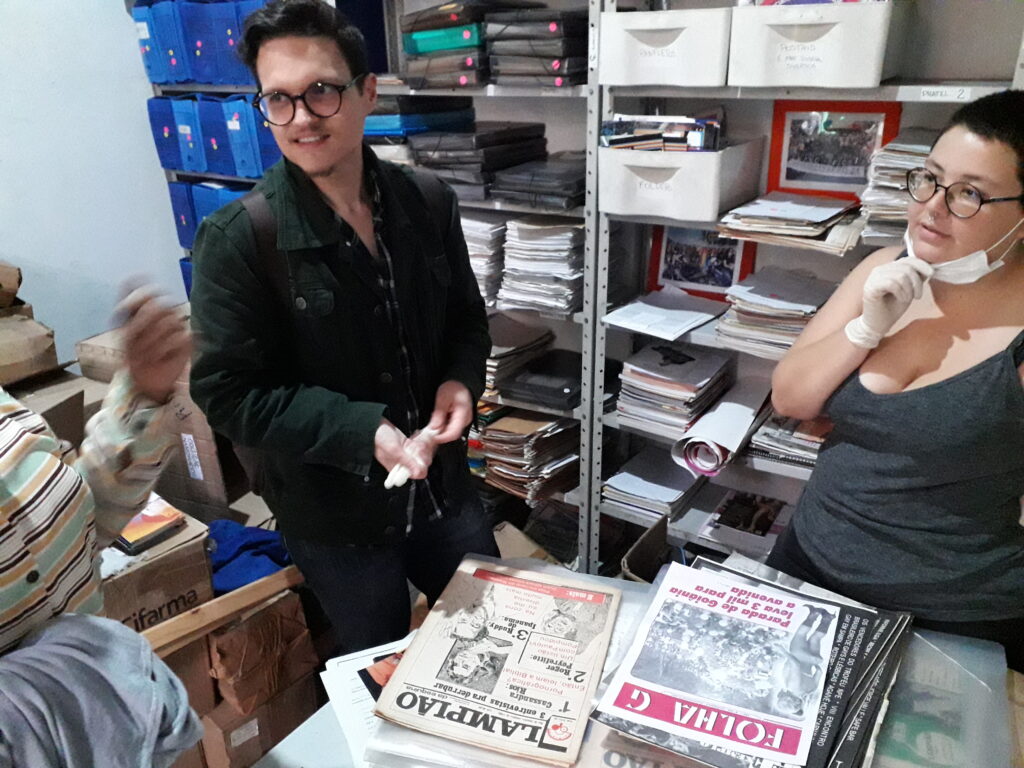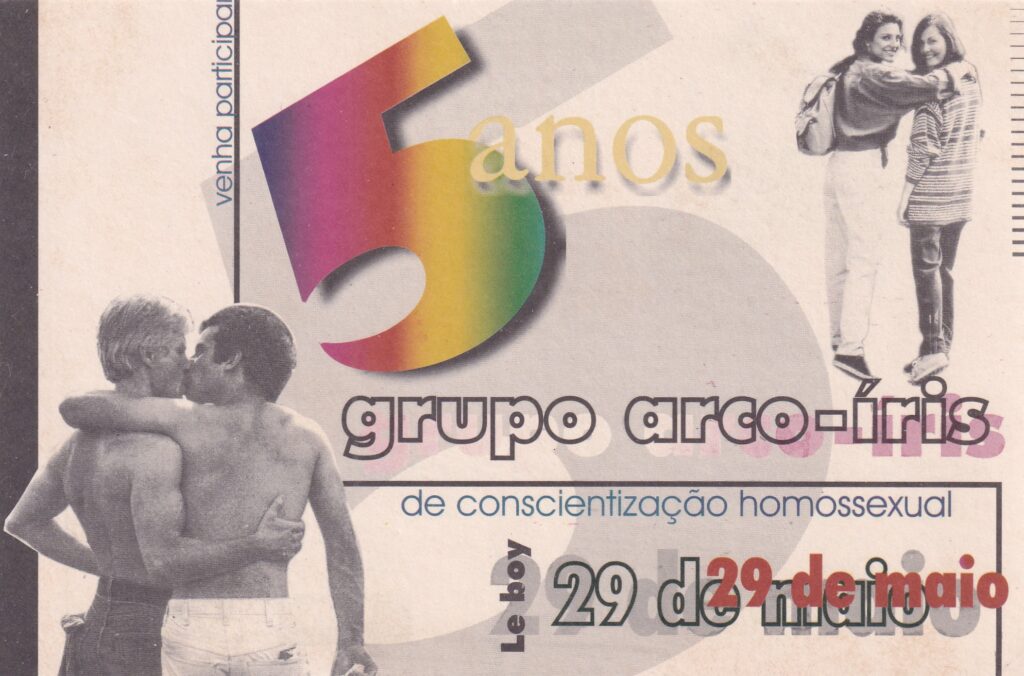Museums for the people: how do we explore community heritage?
There are many ways to think about heritage. On the global stage, institutions such as UNESCO might understand heritage through national identity and legislation, with World Heritage Sites offering legal protection for locations deemed culturally or naturally significant. However, these understandings of heritage are challenging for smaller communities that lack national recognition, such as Indigenous or LGBTQ+ groups. Instead, these communities preserve memory and cultural processes in other ways – ways that Dr. Bruno Brulon Soares of the School of Art History seeks to understand and uplift.

Brulon Soares is a historian and anthropologist who has been teaching museum studies and museology in Brazil for the past ten years. His work focuses on community-based museums and grassroots initiatives, researching how vulnerable and marginalized social groups develop their own museums, work with institutions to preserve heritage, and create different narratives around heritage in the process.
An ongoing project that Brulon Soares has been working on is with the Rainbow Group for LGBTI+ Citizenship, an activist NGO in Brazil, for whom preserving memories is paramount. Globally, LGBTQ+ communities face challenges to upholding heritage: they tend to lack support from the state, and the HIV/AIDS epidemic resulted in thousands of lost memories and collections alongside the people they belonged to. Following ten years of trust-building and gathering oral history through interviews, Brulon Soares and his team of students and researchers have developed the exhibition ‘Amor e Luta’ (‘Love and Fight’) telling the story of the LGBTQ+ movement in Rio de Janeiro – the first of its kind in the city, and the nation. While initially conceived as a short-term exhibition, it has widely garnered positive feedback and will be circulated around various institutions across Rio de Janeiro. For the community that has developed this exhibition, being able to share their perspective – and even denounce the neglectful role of the state throughout Brazilian history – is a deeply significant form of activism that museum work has enabled them to realise.
To that end, another major goal of the project is capacity-building in heritage work for communities, so they themselves can maintain the impact of exhibits like these for years to come. Soares is planning workshops in November and December of 2023 on conservation, interpretation of heritage, and documentation for community members, so that they may take the reins on managing similar projects, and potentially even develop them into museums in the future.
Looking ahead, Brulon Soares seeks to continue and expand his research at St Andrews. In 2022, he joined the University in the wake of the School of Art History’s ongoing development of a new museum and heritage studies curriculum.
Brulon Soares is experienced in this type of institutional change. From 2019-2021, he worked with a team of researchers to change the International Council of Museums (ICOM)’s definition of ‘museum.’ As the only global organization for museum professionals, ICOM’s definition influenced UNESCO recommendations, national policies, and the operation and practices of museums around the world. As such, Soares and colleagues felt the need to ensure that this definition was as current as possible, so that museums and organisations around the world could reflect pressing values of the global community. After two years of research and consultation, they arrived at a definition that includes diversity, sustainability, and critical reflection as part of the role of museums. Similarly, in St Andrews, recent modules offered in the School of Art History discuss community heritage, grassroots museums, and specific kinds of critical museology that come from underrepresented groups. Brulon Soares is also seeking to expand his continued interest in evolving heritage practice by focusing on local community groups. He has led student activities with the Scottish Fisheries Museum and other local museums around the UK, investigating how the institutions connect with communities, and how community initiatives that are less state-funded are still able to thrive.
In all his work, Brulon Soares is passionate about ensuring that his research as an academic serves the communities that it involves. In the context of museum studies, he believes that museums and heritage are not about things, but rather about people. And as such, how people are represented in museums – how their stories are told, how their memories are uplifted – can change lives.
